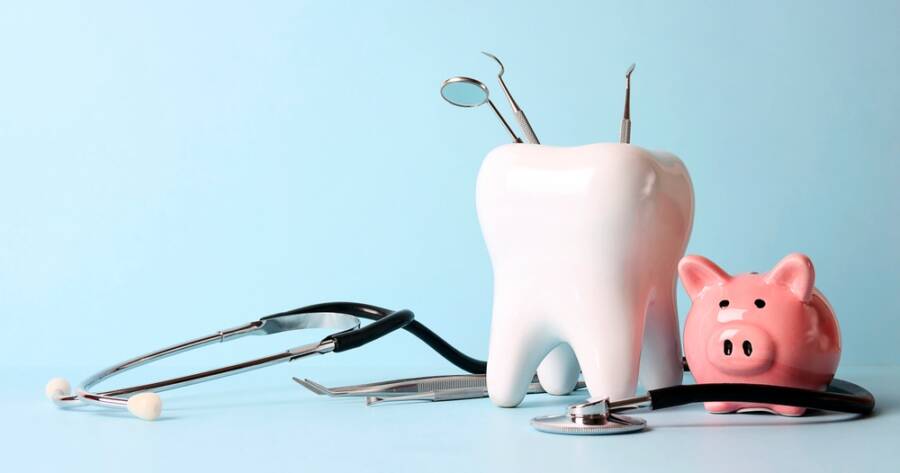Dental care is an essential part of maintaining overall health, but it can often be expensive, especially when procedures like dental implants or crowns are involved. Many individuals avoid seeking necessary dental treatments because they are concerned about the high costs. Fortunately, there are a variety of dental financing options available to help make dental procedures more affordable, from payment plans to reduced-cost programs.
Dental Care Options for Low-Income or Uninsured Individuals
For individuals who are uninsured or have limited financial resources, there are a few options for getting dental implants and other dental treatments at little to no cost. These programs are designed to make dental care more accessible to those who might not otherwise be able to afford it:
- Dental Lifeline: This program offers free dental treatment for individuals who are 65 years or older, have a permanent disability, or require medically necessary dental care. Dental Lifeline works with volunteer dentists who provide treatments at no charge. To qualify, applicants must meet specific income and eligibility requirements.
- Smiles for Everyone Foundation: Through its Implanting Inspiration program, the Smiles for Everyone Foundation provides free dental implants to low-income individuals who meet certain qualifications. The program is dedicated to improving the quality of life for those in need by offering free implants to people who would not otherwise be able to afford them.
- Dental Schools: Dental schools often offer reduced-cost dental services performed by dental students under the supervision of licensed dentists. These services can be a cost-effective option for individuals who need basic dental work, including cleanings, fillings, and extractions. The downside is that the treatments may take longer, as dental students are still learning, but the quality of care is still high due to supervision by experienced professionals.
- Federally Funded Community Health Centers (CHC): Federally funded community health centers offer free or reduced-cost health services, including dental care. These centers are often located in underserved areas and are designed to help low-income individuals gain access to medical and dental services. Sliding scale fees are typically available based on income, making it easier for individuals to afford necessary treatments.
Dental Financing Options
Dental financing allows patients to pay for treatments over time rather than upfront. This can be particularly helpful for individuals who need more expensive procedures, such as dental implants, but don’t have the funds readily available. Some popular dental financing options include:
- CareCredit: CareCredit is a healthcare-specific credit card that allows patients to make monthly payments for dental treatments. The card offers a range of financing plans, including 0% interest for promotional periods, making it easier to spread out the cost of treatment. CareCredit can be used for a variety of dental procedures, including preventive care, restorative work, and cosmetic procedures.
- In-House Financing: Many dental offices offer in-house financing options, allowing patients to pay for their treatments in installments. This can be a good option if you prefer not to use credit cards or if you want to avoid interest charges. Speak with your dentist’s office to inquire about their financing options and payment plans.
- Personal Loans: For those who don’t want to rely on a credit card or in-house financing, personal loans can provide another avenue for covering dental expenses. Many banks, credit unions, and online lenders offer personal loans with fixed interest rates and terms. While interest rates may vary, personal loans can offer larger loan amounts, which is helpful for more expensive procedures.
Insurance Coverage and Discounts
Many dental insurance plans offer partial coverage for procedures such as dental implants, fillings, and cleanings. If you have dental insurance, it’s important to check your plan’s coverage details to understand what’s included and what you might need to pay out-of-pocket. Some dental insurance plans may cover preventive services at 100%, while more complex treatments like implants may be covered at a lower percentage.
Additionally, some dental offices offer discounts for patients without insurance. These offices may have membership plans or loyalty programs that provide discounted rates on treatments for regular patients. It’s worth asking your dentist’s office if they offer such programs or if they can help connect you with affordable care.
Tips for Managing Dental Costs
Aside from financing options, there are other ways to manage dental costs:
- Preventive Care: Regular dental checkups and cleanings can help prevent major dental issues, reducing the likelihood of needing expensive procedures. Catching dental problems early can save you money in the long run.
- Compare Prices: Don’t be afraid to shop around for the best prices. Some dental offices offer free consultations or will provide a breakdown of costs before beginning any treatment. Compare prices between dental offices to find the most affordable option for your needs.
- Ask About Payment Plans: Many dental offices offer flexible payment plans that allow you to make smaller monthly payments over time. Always ask about these possibilities to avoid paying all at once.
Affordable Dental Care Solutions for Every Budget
Dental financing options and affordable care programs are available to help make necessary dental treatments accessible, even for those on a tight budget. From financing through CareCredit or personal loans to low-cost services provided by dental schools and nonprofit organizations, there are several ways to get the care you need without financial stress. Remember to explore all available options, compare prices, and take preventive measures to keep your smile healthy and bright.





